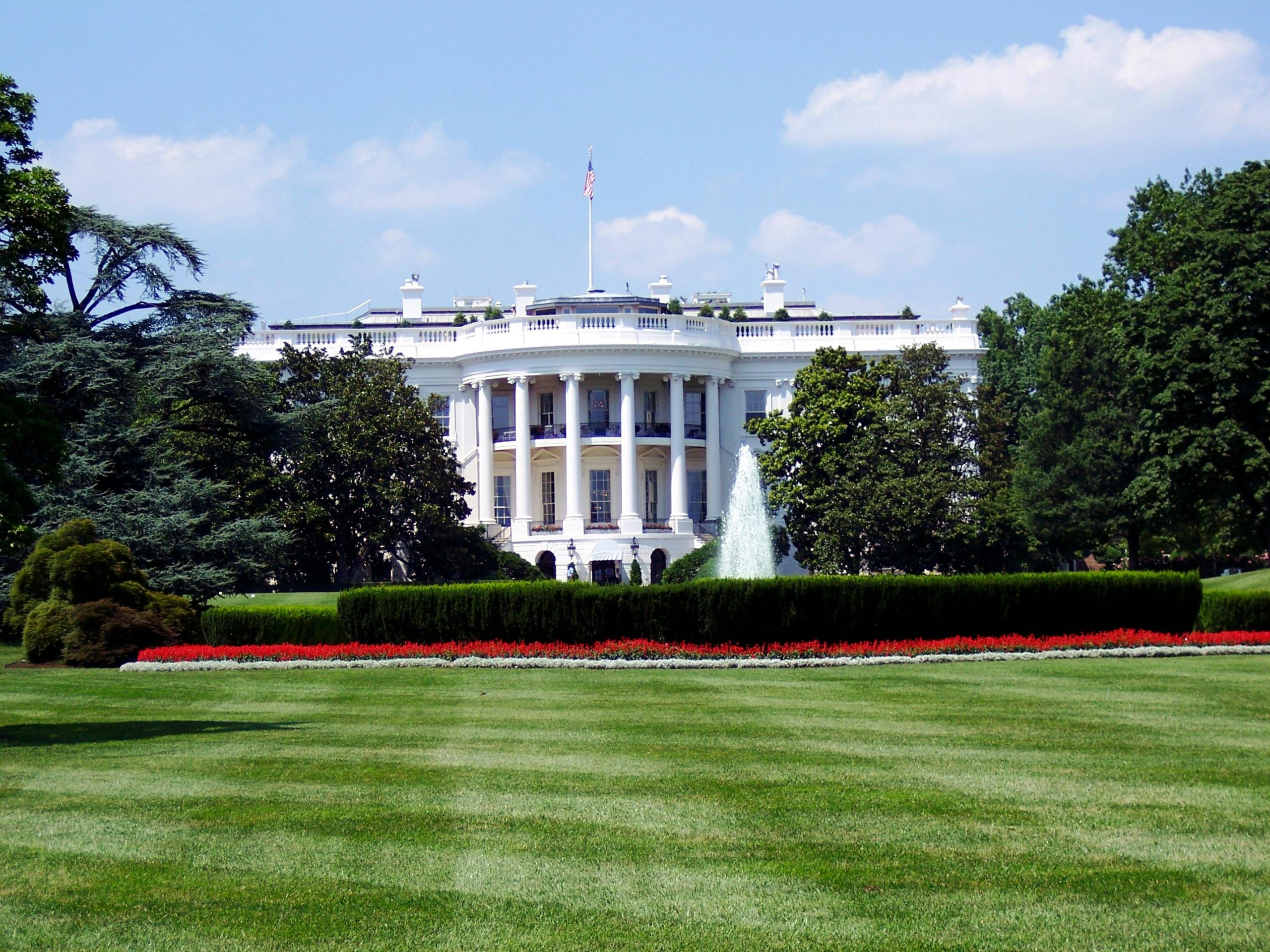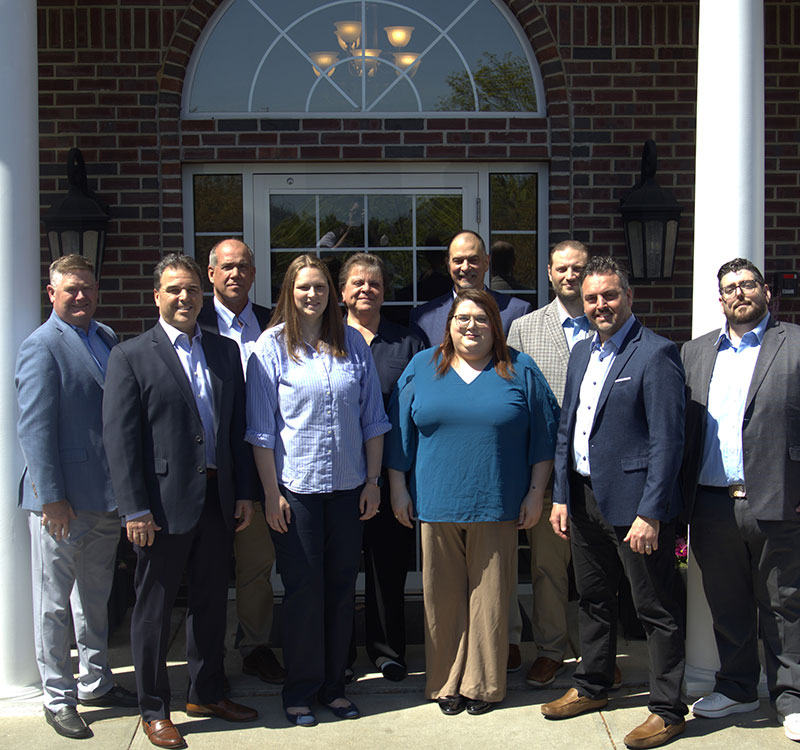Summary
The "One Big Beautiful Bill Act" just reshaped employee benefits. Discover key changes to HSAs, Dependent Care FSAs, student loan assistance, and the new "Trump Accounts" for children. Stay compliant!
On July 4, 2025, President Donald Trump signed the “One Big Beautiful Bill Act” (OBBB Act) into law, ushering in significant changes for employee benefit plans. This comprehensive tax and spending bill aims to reshape how individuals save for healthcare, manage dependent care costs, address student loan debt, and even save for their children’s futures.
Let’s break down the key provisions impacting employee benefits:
Expanded Health Savings Account (HSA) Accessibility
HSAs remain a popular tax-advantaged savings tool for healthcare expenses. The OBBB Act expands HSA eligibility and flexibility in several ways, effective January 1, 2026:
Direct Primary Care (DPC) Compatibility
Individuals with Direct Primary Care (DPC) arrangements can now contribute to HSAs, provided their monthly DPC fees are $150 or less ($300 or less for family coverage). These limits will be adjusted annually for inflation. Furthermore, DPC fees are now considered a qualified medical expense that can be paid for using HSA funds. This is a significant shift, as DPC arrangements previously could disqualify individuals from HSA eligibility.
ACA Exchange Plans as HDHPs
To broaden HSA accessibility in the individual market, all bronze plans and catastrophic plans offered through an Affordable Care Act (ACA) Exchange will now be categorized as High Deductible Health Plans (HDHPs). This means more individuals enrolled in these plans can become HSA-eligible.
Permanent Telehealth Exception for HDHPs
Historically, telehealth services provided before an HDHP deductible was met could jeopardize HSA eligibility. A temporary pandemic-era relief measure addressed this, but it was set to expire. The OBBB Act provides a permanent solution:
Telehealth Flexibility Extended
The Act permanently extends the ability of HDHPs to offer telehealth and other remote care services before the plan deductible is met, without impacting an individual’s HSA eligibility. This change takes effect for plan years commencing after December 31, 2024, providing long-term certainty for both employers and employees.
Increased Dependent Care FSA Limits
Dependent Care Flexible Spending Accounts (FSAs) enable employees to cover dependent care expenses tax-free. Effective January 1, 2026, the OBBB Act significantly increases the maximum annual limits:
Higher Contribution Caps
The maximum annual limit for dependent care FSAs will increase to $7,500 for single individuals and married couples filing jointly (up from $5,000). For married individuals filing separately, the limit rises to $3,750 (up from $2,500). It’s important to note that this new limit will not be adjusted for inflation.
Educational Assistance Programs: Student Loan Relief and Inflation Adjustments
Employer-provided educational assistance programs offer valuable tax-free benefits for employees pursuing higher education or seeking help with student loans. The OBBB Act makes two key permanent changes:
Permanent Student Loan Payment Option
The ability for educational assistance programs to pay principal and interest on employees’ student loans was set to expire at the end of 2025. The OBBB Act makes this student loan payment option permanent, providing ongoing relief for employees with student debt.
Inflation Adjustment for Assistance Limit
The tax-free limit for educational assistance is currently $5,250 per employee per year. For taxable years beginning after 2026, the OBBB Act will annually adjust this $5,250 limit for inflation, ensuring the benefit retains its value over time.
Introducing “Trump Accounts” for Children
The OBBB Act introduces a brand-new type of tax-advantaged savings account, called a “Trump Account,” designed for children under age 18. These accounts, effective in 2026, operate similarly to individual retirement accounts (IRAs), allowing earnings to grow tax-deferred.
Annual Contribution Limit
In general, annual contributions to a Trump Account are limited to $5,000 per child, with this limit being adjusted annually for inflation beginning after 2027.
Government Seed Contribution
Children born in 2025-2028 may be eligible to receive a special $1,000 contribution from the federal government into their Trump Account.
Employer Contributions
Employers can also play a role. They may make tax-free contributions to an employee’s or an employee’s dependent’s Trump Account, up to $2,500 per year. This employer contribution limit will also be adjusted annually for inflation beginning after 2027. These programs will require a written plan document and will be subject to some of the same tax rules that apply to dependent care FSAs, including annual nondiscrimination testing and employee notifications.
Conclusion
These changes within the “One Big Beautiful Bill Act” represent a substantial overhaul of several key areas of employee benefits.
At GTM, we are committed to helping you understand these new provisions and their potential impact on your current benefit offerings. Contact us today at 518-373-4111 or request a complimentary consultation to discuss these updates and ensure your plans remain compliant and optimized for the changing benefits landscape.


